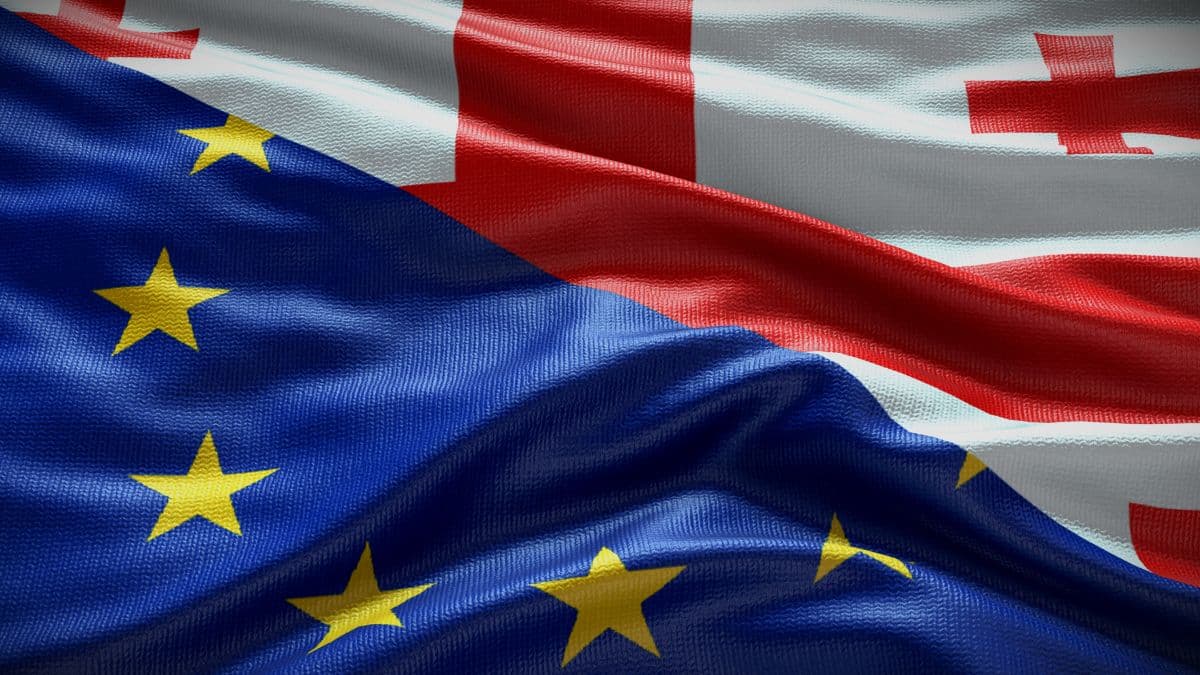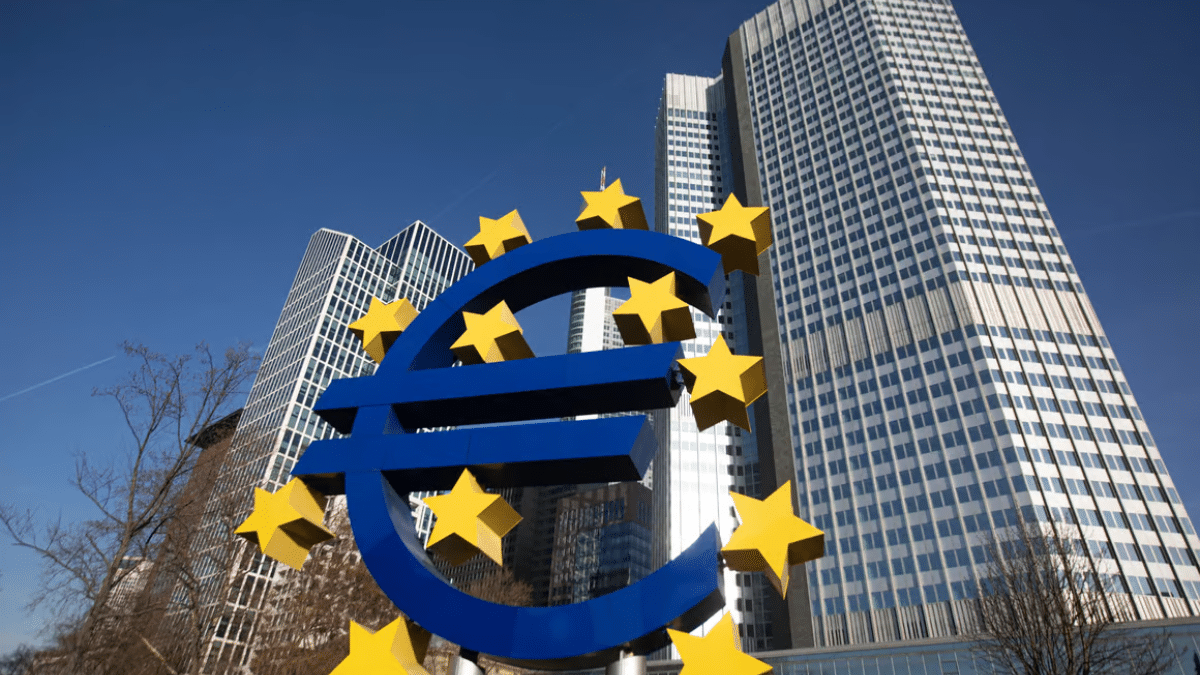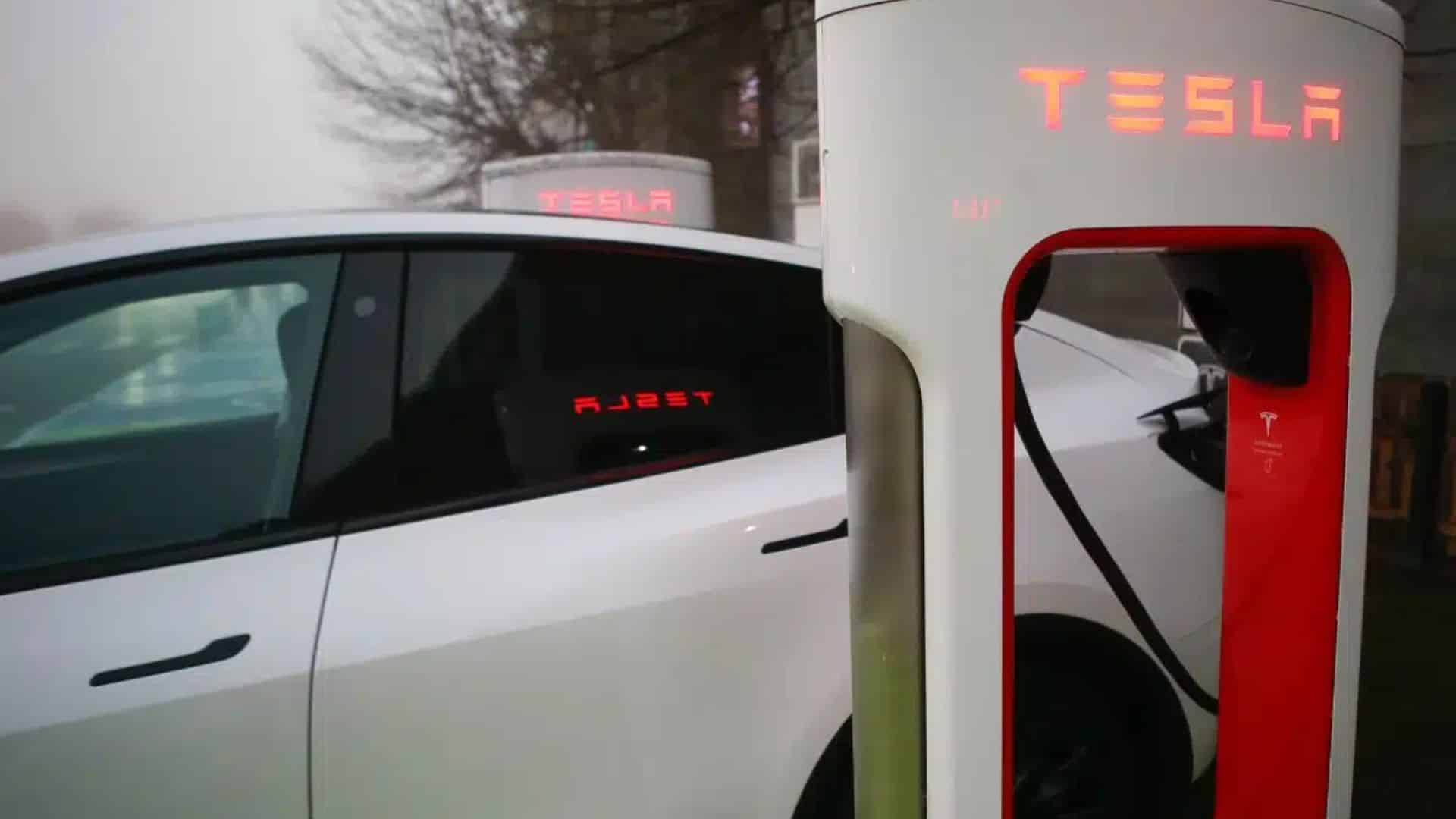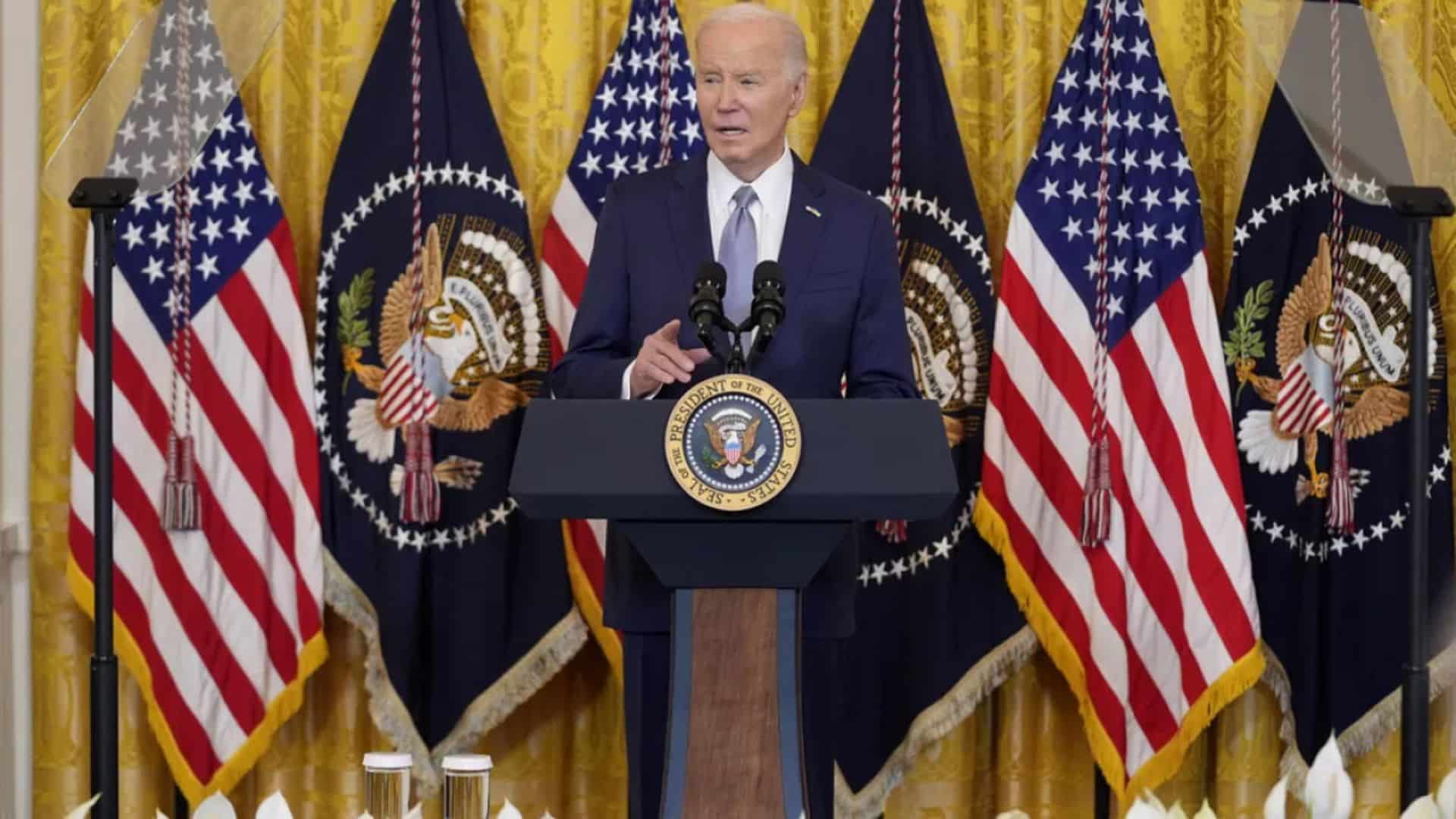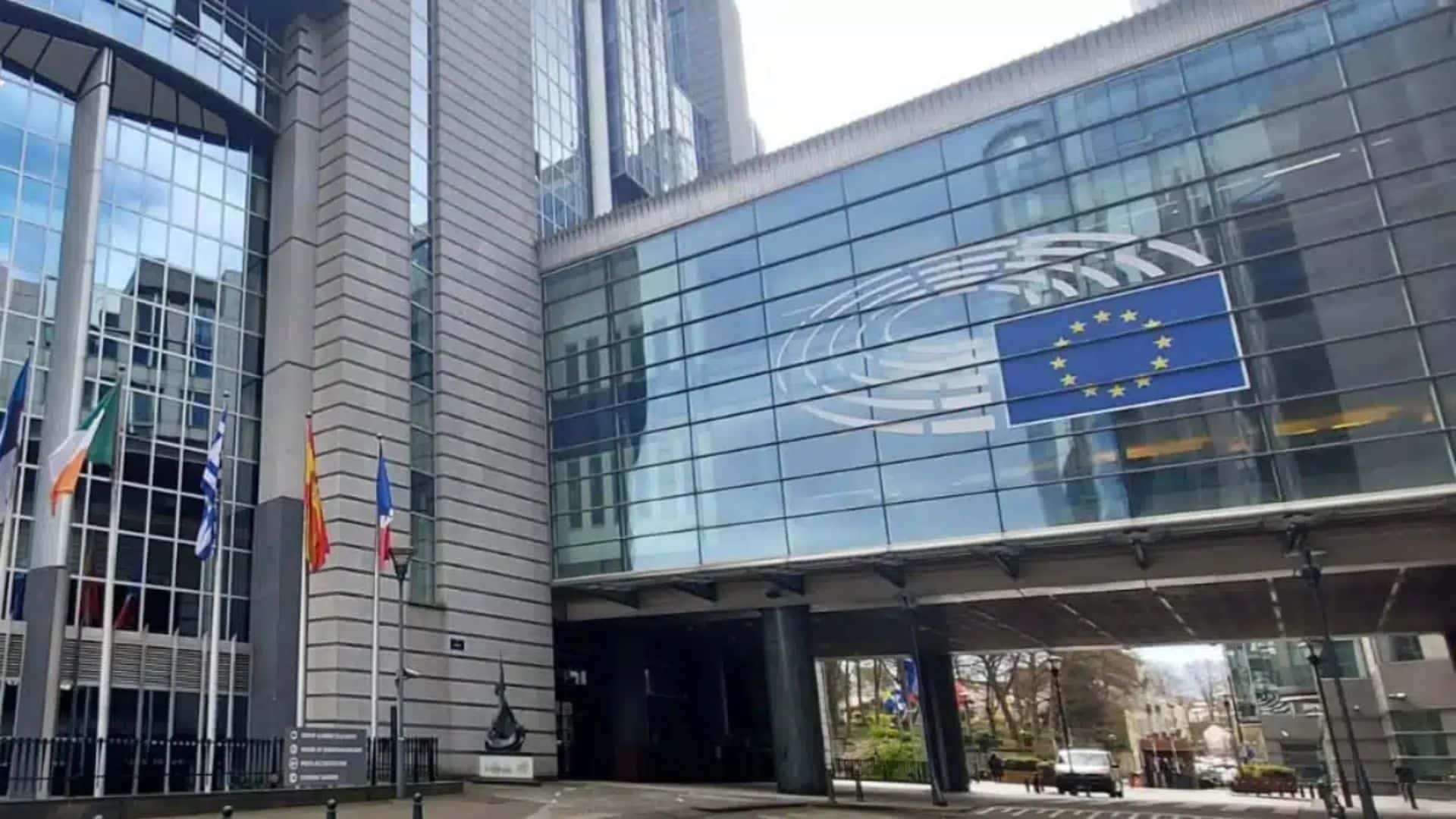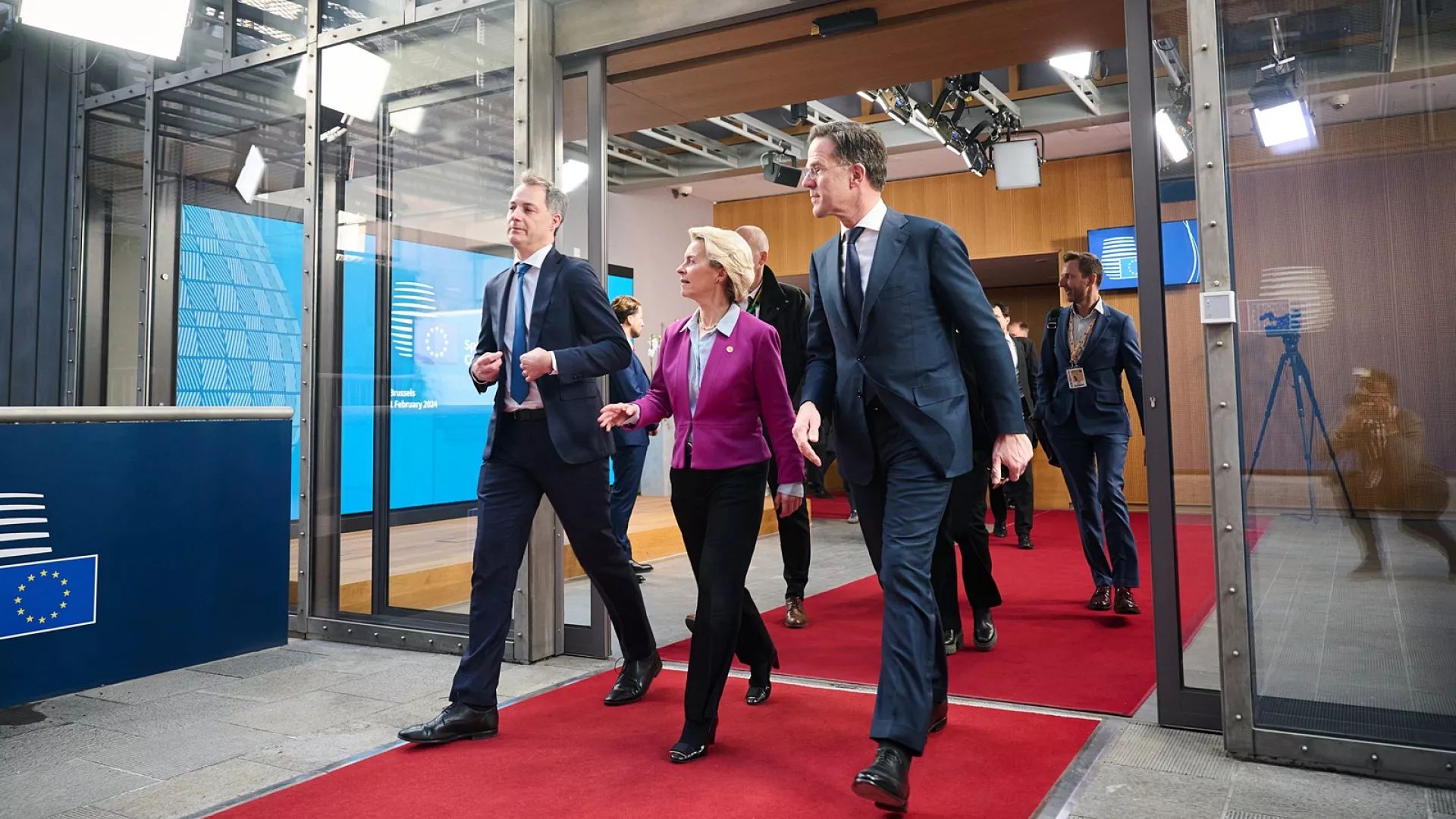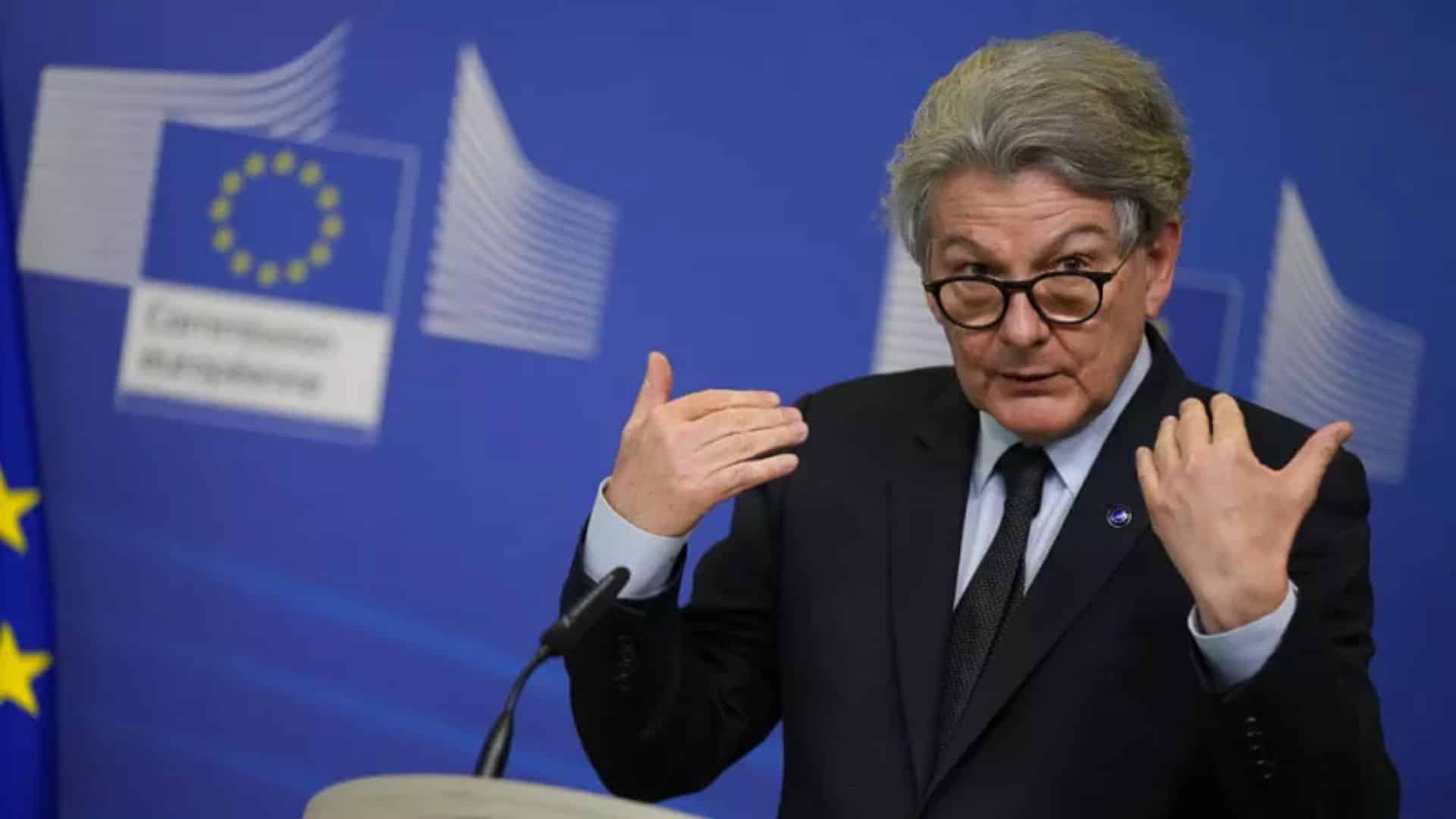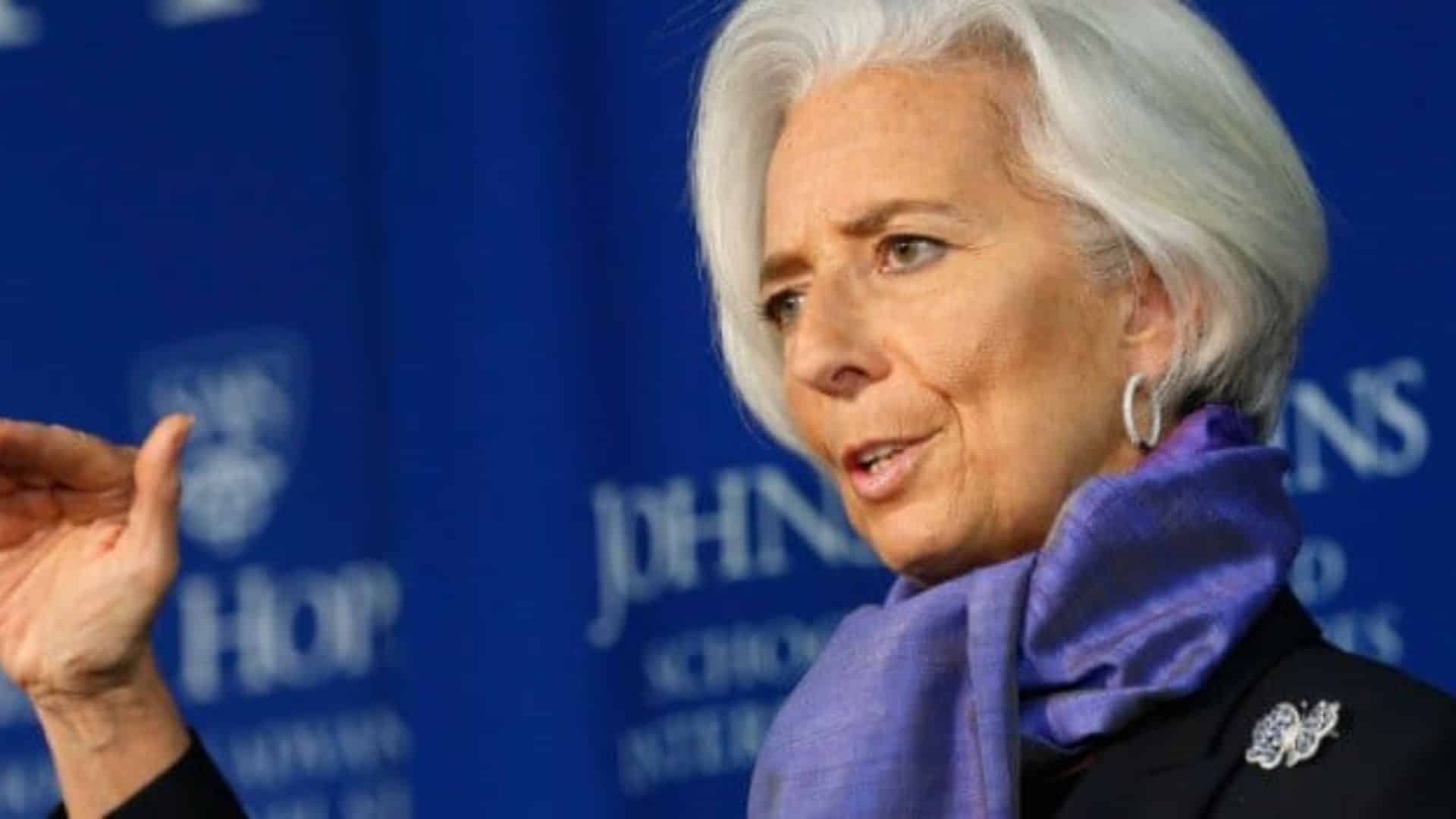
European Central Bank warns of rising inflation in the coming months
European Central Bank (ECB) President Christine Lagarde warned on Monday that the inflation rate could rise “slightly in the coming months” and said that keeping interest rates at their current level for a sufficient time will help to return to price stability.
At a hearing with the European Parliament’s Economics Committee, he explained that the ECB expects inflationary pressures to continue to ease, “although headline inflation could rise again slightly in the coming months, mainly due to some base effects”.
“The medium-term inflation outlook remains surrounded by considerable uncertainty,” Lagarde added, after recalling that the headline inflation rate in the eurozone fell to 2.9% and the underlying inflation rate – which excludes energy and food as the most volatile components – fell to 4.2% in October.
The ECB president said she expects wages to remain a “key factor” driving domestic inflation, especially as a result of past inflation, while corporate profits, which accounted for much of the upward pressure recently, “are now weakening”.
“No time to declare victory on inflation”, ECB says
He reiterated that the ECB is “determined” to ensure that inflation returns in a “timely manner” to the 2 % target over the medium term and that the institution expects that keeping interest rates at current levels for a “sufficiently long” duration will contribute “substantially” to restoring price stability.
In this regard, he reiterated that interest rates will remain at “sufficiently restrictive levels for as long as necessary” and that the ECB will decide on their evolution based on data on the inflation outlook, underlying inflation and the transmission of its monetary policy.
“This is not the time to start singing victory. We have to remain attentive to the different forces affecting inflation and firmly focused on our price stability mandate,” Lagarde told MEPs.
Last October the ECB decided to leave interest rates unchanged after ten consecutive interest rate hikes since July 2022, bringing the key rate to 4.5%, in order to contain inflation, which peaked at 10.6% in the eurozone.

